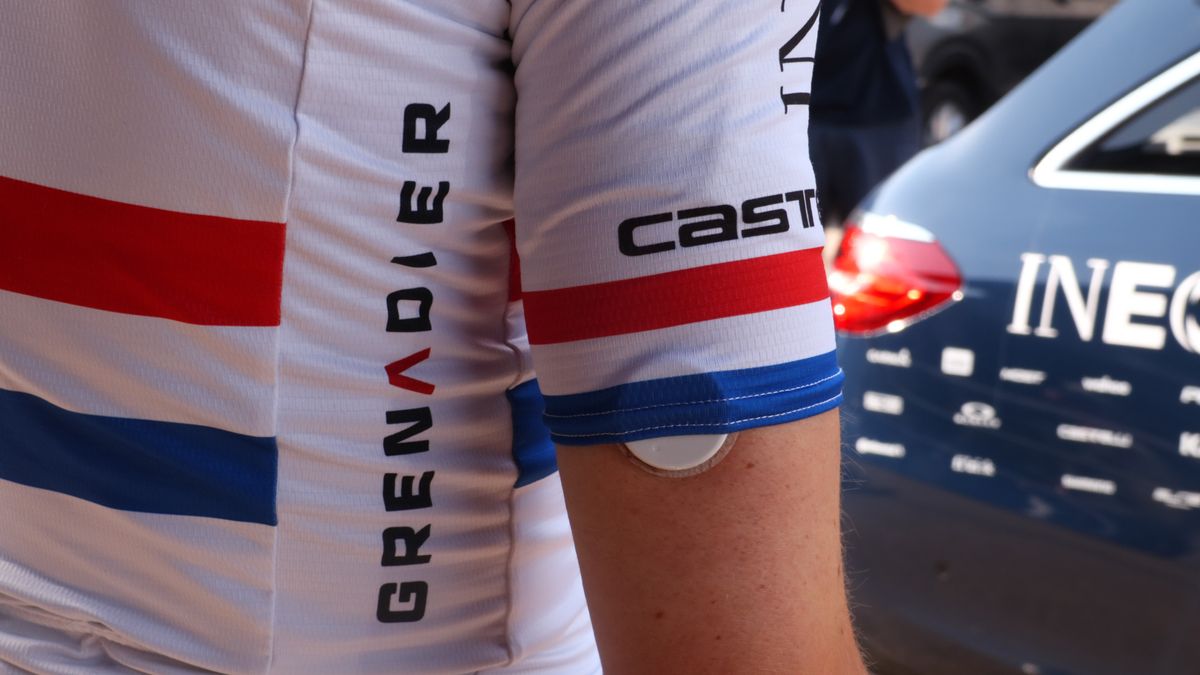Northerner
Admin (Retired)
- Relationship to Diabetes
- Type 1
The founder of Supersapiens, the glucose tracker banned from use in UCI racing as part of its most recent rule clarifications, has said that the move is a 'step backward' for rider health and welfare.
The UCI has banned the use of sensors that monitor ‘physiological data, including any metabolic values such as but not limited to glucose or lactate’ from races.
In an interview with Cycling Weekly, UCI innovations manager Mick Rogers listed potential financial inequality for young riders unable to afford the tech, formulaic 'Formula One' style racing, data-driven riding preventing young riders from learning how and when to eat, and worries over data security as some of the reasons behind the ban.
“I feel [banning this technology is] a step backward in the sport when we need to take a step forward in the health and welfare of riders. We’ve seen outrage from team physicians [following the ban],” said CEO and founder of Supersapiens Phil Southerland.
"We know there are physiological, health and performance benefits, but they cascade into the mental health of athletes. You look at all these athletes who are neo pros trying to lose so much weight because everyone else is skinny, and it really screws with their heads - here's a way we can do that safely, and in a data-driven way, by personalising nutrition for individuals."

 www.cyclingweekly.com
www.cyclingweekly.com
The UCI has banned the use of sensors that monitor ‘physiological data, including any metabolic values such as but not limited to glucose or lactate’ from races.
In an interview with Cycling Weekly, UCI innovations manager Mick Rogers listed potential financial inequality for young riders unable to afford the tech, formulaic 'Formula One' style racing, data-driven riding preventing young riders from learning how and when to eat, and worries over data security as some of the reasons behind the ban.
“I feel [banning this technology is] a step backward in the sport when we need to take a step forward in the health and welfare of riders. We’ve seen outrage from team physicians [following the ban],” said CEO and founder of Supersapiens Phil Southerland.
"We know there are physiological, health and performance benefits, but they cascade into the mental health of athletes. You look at all these athletes who are neo pros trying to lose so much weight because everyone else is skinny, and it really screws with their heads - here's a way we can do that safely, and in a data-driven way, by personalising nutrition for individuals."

Banning metabolic sensors from racing is a ‘step backward’ for rider welfare, says Supersapiens founder
Phil Southerland says that Supersapiens will sponsor any pro athletes wanting to use the glucose monitoring tech in training
 www.cyclingweekly.com
www.cyclingweekly.com
